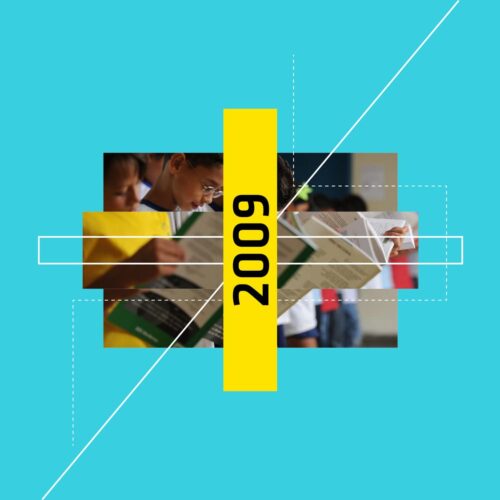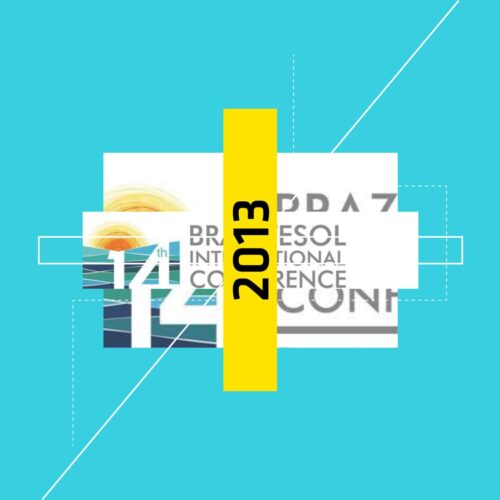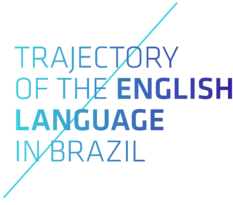2009
Government distributes foreign language textbooks
In 2010, the federal government distributed the first copies to students from the 6th to the 9th grade of public schools. The federal government had been managing textbooks since 1937 (at the time, from the Instituto Nacional do Livro). There were changes until 1985, the year of the creation of the National Textbook Programme (PNLD) in force until today and which included didactics in languages other than Portuguese in the PNLD after resolution CD FNDE 60 of 2009.


2009
Convention on Persons with Disabilities is held by the United Nations (UN)
In 2006, the United Nations (UN) edited the document on the subject, a milestone in the protection and guarantee of the rights of people with disabilities. In 2009, the National Congress ratified the convention with the equivalent of a constitutional amendment. The application of this convention in Brazil also encourages the inclusion of people with disabilities in English language teaching, giving them access to knowledge of the language and the possibility of participating in activities that include them, such as job openings, among others.
2009
Secretariat proposes bilingual education in public schools in Rio de Janeiro
In 2009, the Municipal Department of Education created the Rio Criança Global programme. The project sought to provide a greater focus on conversation in English language teaching. After a pilot project in 2013, and then as of 2015, ten schools in the city began to offer bilingual education in English, impacting 4,500 children and adolescents. Between 2014 and 2016, 3,747 students received the English proficiency certificate from the University of Cambridge, England.


2010
Federal Government includes English test in the National High School Examination (ENEM)
After the reformulation of the tests in 2009, the score of the National Secondary Education Exam (Enem) became a gateway for students to get into universities. The following year, for the first time, the tests included questions in other languages (English and Spanish). The objective for someone studying languages, according to the website of the National Institute of Educational Studies and Research (Inep), would be to know and use modern foreign language(s) as a tool to access information and other cultures and social groups.
2012
The English Without Borders Programme was born as an offshoot of Science Without Borders
A large contingent of higher education students did not have the necessary command of English to participate in the Science without Borders (CsF) exchange and cooperation programme. For this reason, the English without Borders programme was created in 2012 (from 2014, called Languages without Borders) offering virtual and self-instructional courses, as well as in-person training at the Language Centres (NucLi) of universities. Until 2019, the programme took in more than 800 thousand university students and professors to learn a new language.


2013
Research “Demands for Learning English in Brazil” provides data on the Brazilian population’s ability to speak English
In 2013, the British Council presented an important project to facilitate the understanding of the English language: the survey Demands for Learning English in Brazil, carried out in partnership with Data Popular. The presentation took place at the 14th Braz-Tesol Conference. The survey sought to understand the interest of the middle class in learning English, and remains unprecedented, continuing to this day as an important reference.
2014
Social movements win in the National Education Plan (PNE)
After four long years of paperwork, the National Congress approved the National Education Plan (PNE) (Law no. 13005/2014-24). Pressure from social movements increased the portfolio’s funding target from 7% to 10% of the Gross Domestic Product (GDP) by the end of the decade. As for language teachers, the law values their salaries by equating them with those of other public-school teachers. In addition, it encourages the training of teachers, masters, doctors and postgraduates.



